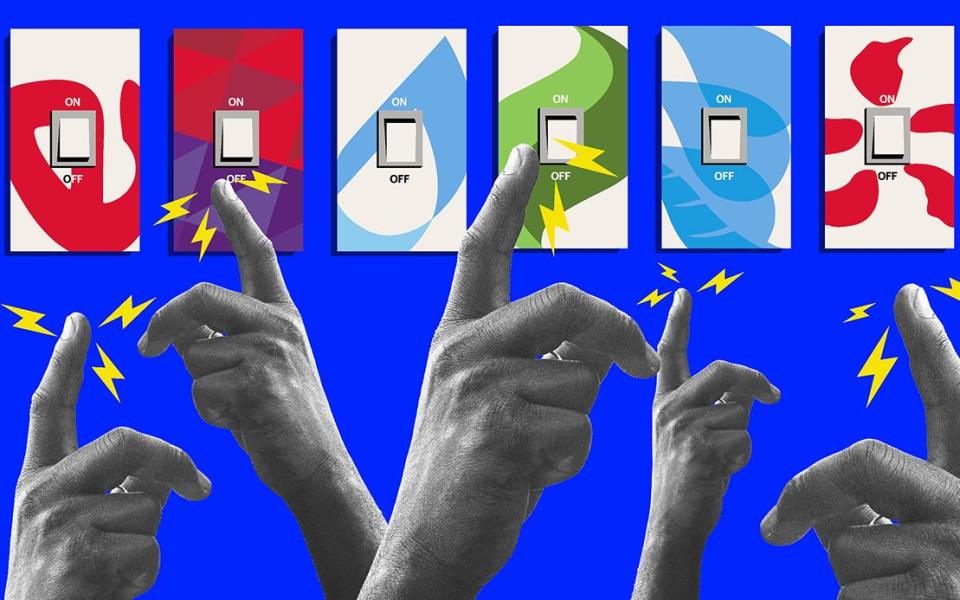How can I apply for the £5,000 Green Homes Grant and will it boost my house price?

Prime minister Boris Johnson today announced a year's extension to the £2bn Green Homes Grant scheme.
Under the scheme, which launched on Sept 30, English homeowners can apply for vouchers worth up to £5,000 or £10,000 to make their properties more environmentally friendly and cut their annual energy bills by an estimated £600.
Originally, the 600,000 vouchers available via the scheme had to be redeemed by March 31 2021. But the deadline was met with widespread industry criticism because installers did not have the capacity to meet demand in the time scale. Experts warned as many as 300,000 homeowners could miss out.
Now, the grants will be valid for a three month period after they are issued or until the end of March 2022, whichever is earlier.
This means that homeowners have an extra 12 months in which to apply for the vouchers and complete works. The individual expiry dates for the vouchers will also help to spread the burden of work for installers across the time period.
Ian Rippin of MCS, the national standards organisation for renewable energy in homes, said the extension would allay many of the industry’s concerns. “As we’ve said since the scheme’s launch, the six-month timescale was incredibly restrictive,” he said.
But experts warned the extension does not go far enough. Donal Brown of the University of Sussex’s science policy research unit said the extension was welcome but called for a longer-term spending plan.
“We now have an industry that is very suspicious of government policy in this area,” he said. “The only way we are going to win that trust back and convince the supply chain this is something worth investing in is with a long-term plan, with 10-plus years of funding, regulation and training.”
So, how can you get one while they last, and what can you use it for?
How much money can I get and do I have to pay it back?
The Government will provide vouchers to cover two thirds of the cost of a selection of home improvements. The maximum value of the voucher is £5,000.
If either the homeowner or a member of their household receives certain benefits, however, they can receive a voucher to cover the full cost of the improvements, up to a value of £10,000.
The homeowner can use the voucher to pay the installer, who then receives payment directly from the Government.
The voucher is a grant and therefore does not have to be repaid by the homeowner. But all works must be completed by the voucher's expiry date, which will be three months from the date it was issued or until 31 March 2022.
Homeowners on can request extensions for circumstances outside their control.
The vouchers account for £1.5bn of the £2bn scheme. The remaining £500m is being delivered via local authorities to support low-income, fuel poor households. The deadline for works done under this section of the scheme (which launched earlier, on August 4) has also been extended, but only to the end of December 2021.
What can I use the money for?
The vouchers must be used for at least one “primary” measure – installing insulation or low carbon heating.
These encompass cavity wall, loft and underfloor insulation, air source heat pumps, ground source heat pumps, solar thermal heating and biomass pellet boilers.
If you install one of the primary measures, you can then also use the grant for a “secondary” measure. The subsidy for the secondary measure is capped at the value of the grant provided for the primary one.
Approved secondary measures include draught proofing, triple glazing, energy efficient replacement doors, secondary glazing, hot water tank insulation and thermostats, and heating controls such as smart controls.
The voucher cannot be used to build extensions or install fossil fuel heaters. You also cannot use it to refund or replace works that you have already done, but it can be used for “top ups”, such as installing additional insulation.
Am I eligible to apply?
You need to be a homeowner in England. Long leaseholders and shared ownership homes are technically included, but new build properties that have not been lived in by anybody else are excluded.
Private and social landlords are eligible for the grant worth up to £5,000, but not for the low income household grant worth up to £10,000.
If you have already received a Green Homes Grant via the £500m local authority delivery section of the scheme, then you cannot apply for the central scheme.
Use the Simple Energy Advice website to check your eligibility and to see the list of accredited traders in your area who you can get a quote from. Homeowners should get at least three quotes before applying. The voucher will be subject to terms and conditions including minimum installation standards.
Will the Green Homes Grant boost my house price?
The Government estimates that the changes funded by the grant could cut your energy bills by up to £600 per year. But there could also be some perks in capital appreciation.
According to Money.co.uk, a comparison website, installing a ground source heat pump can add 5.4pc to your house price, equivalent to an extra £13,407 on the average £248,271 home.
Heating controls and insulation measures can each boost values by 6.4pc, or £16,000.
But it is double glazing that will be your biggest money maker. This can add 10pc to your home value – a total of £24,827.

 Yahoo Finance
Yahoo Finance 